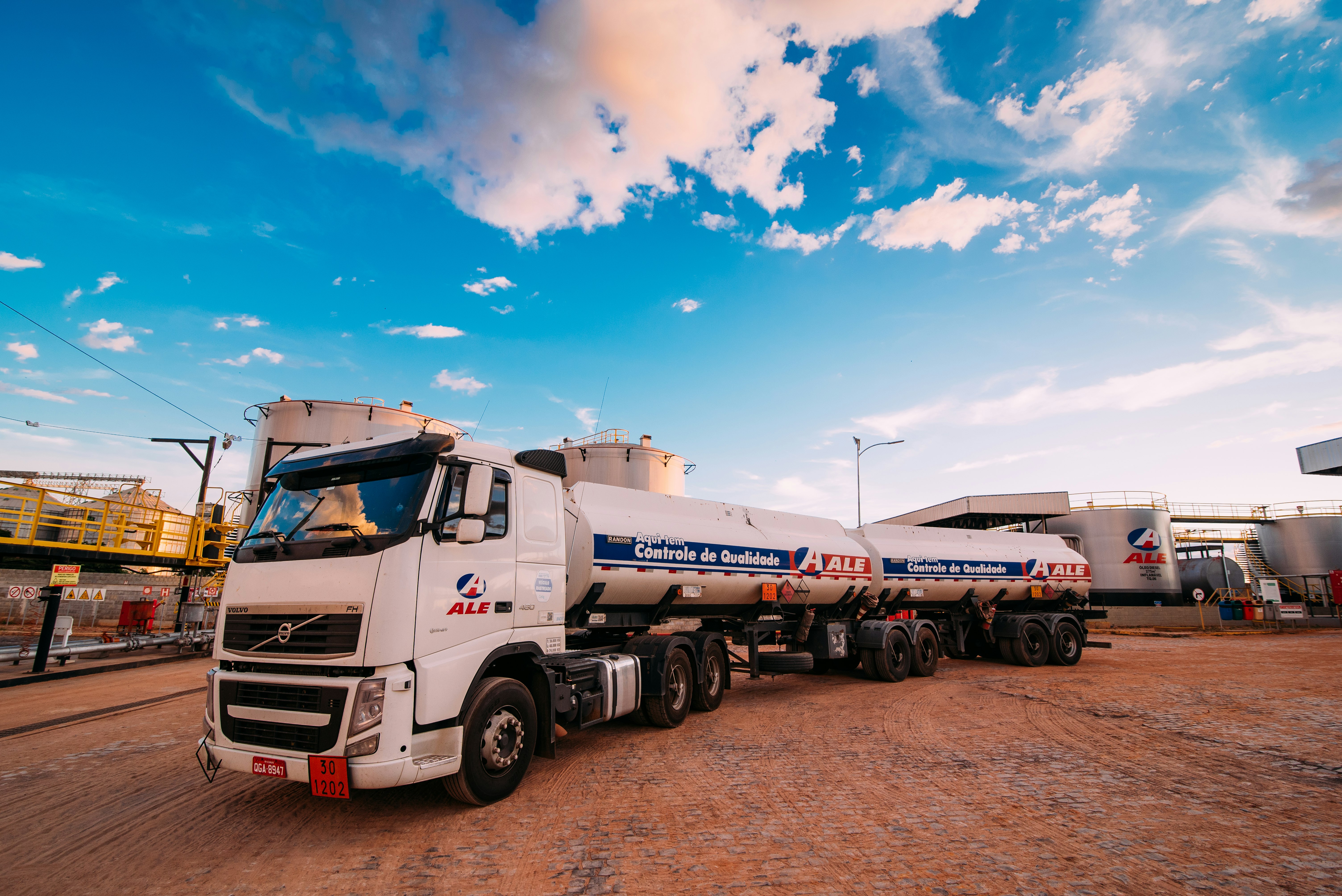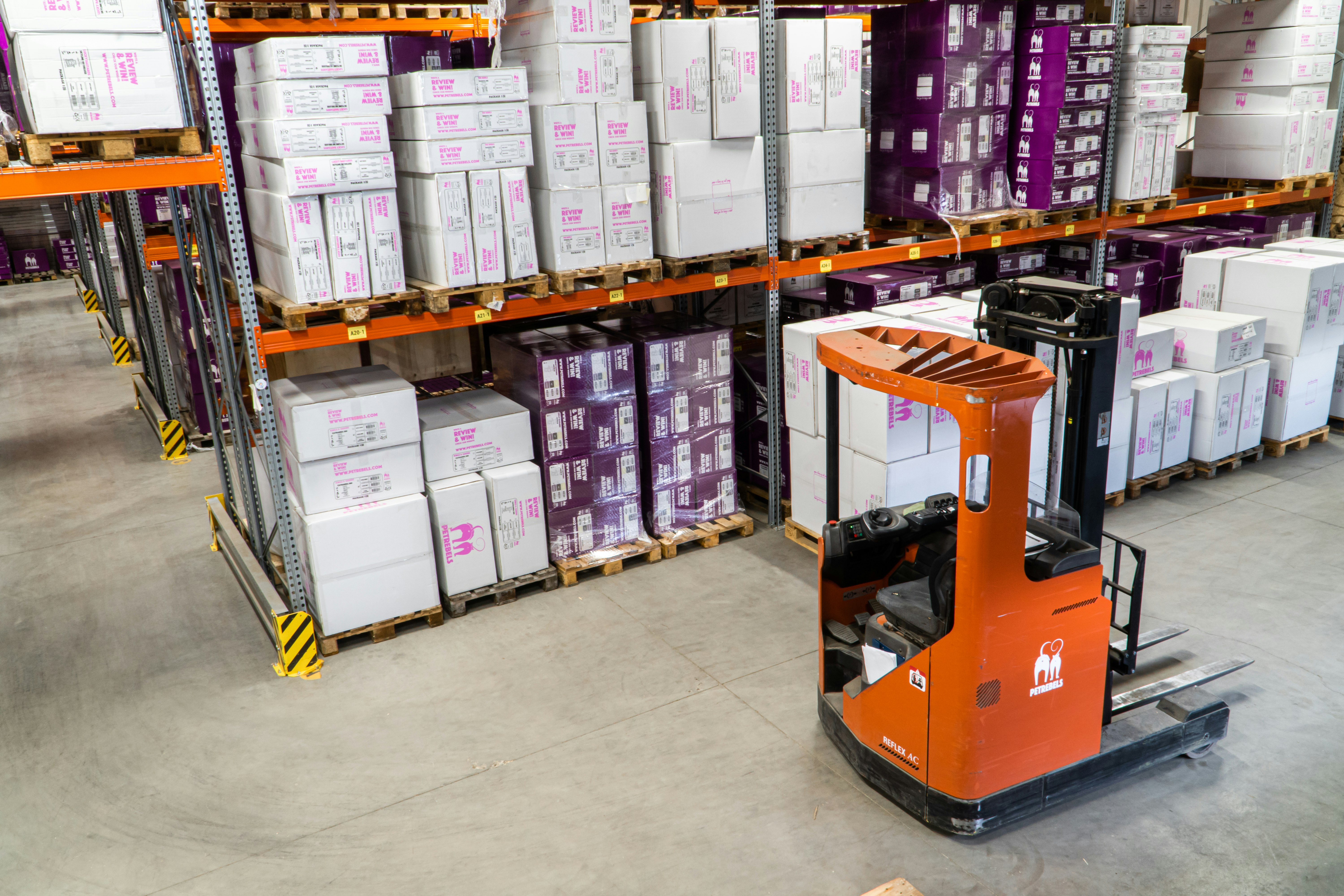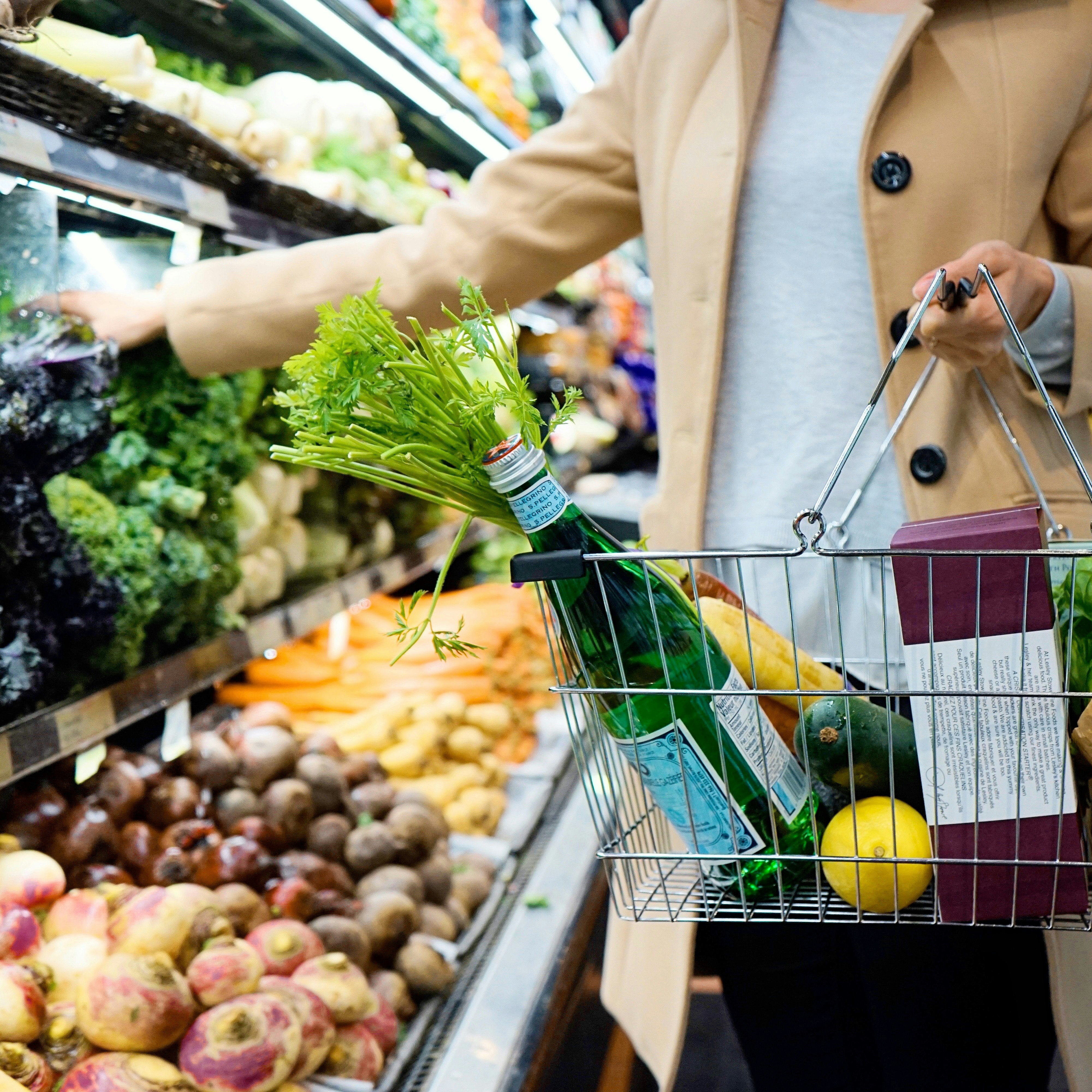What is Blockchain and How Can It Enable Traceability?
A blockchain is essentially a decentralized digital ledger for recording transactions in a verifiable and permanent manner. It operates across many computers without a central authority. Each transaction is secured using cryptographic techniques and added to “blocks” in the chain with a timestamp. This creates an immutable record that can be easily traced back to see a product’s journey from origin to consumer.
Key properties like decentralization, immutability, and consensus building make blockchain uniquely suited for enhancing traceability in fragmented supply chains. By permanently tracking transactions, product details, environmental conditions, certifications, and more at every step, blockchain can enable several traceability capabilities:
Provenance Tracking – From farm-of-origin through handlers, shippers, processors to retail locations, blockchain’s digital ledger allows stakeholders to record product data as it moves between parties. This provides clear visibility into upstream supply chain activities.
Sensor-Based Monitoring – Internet-of-Things sensors can connect directly to the blockchain to record relevant product data like location, temperature, humidity, shock/vibration and more. This data supports real-time alerts and predictive analytics.
Product Authentication & Anti-Counterfeiting - Product authentication markers or digital tags/QR codes can link physical products to their digital identities on the blockchain back to their origins, enabling consumers to independently verify authenticity.
Enhanced Business Intelligence - The transparency and analytics capabilities from end-to-end supply chain visibility enabled by blockchain can lead to better business insights. For example, identifying recurring issues like food safety violations, bottlenecks, waste, etc.
Key Blockchain Use Cases and Benefits for Food Traceability
There are already many promising pilots and live projects exploring blockchain-based traceability across key food industry segments:
Seafood – Leading seafood enterprises have piloted blockchain solutions to prevent illegal fishing, verify origin, ensure responsible sourcing and strengthen supply chain sustainability. Consumers can access details like when and where seafood was caught by simply scanning a QR code.
Meat Products – From cattle ranch to meat processing to packaging, blockchain startups are helping track freshness, storage temperature, health history, etc. to reduce food safety risks and wastage for beef supply chains.
Fresh Produce – Several fresh produce enterprises across North America, Europe and Australia are leveraging blockchain to track fruits, vegetables and grains from growers to end customers. Benefits include better inventory visibility, reduced waste due to spoilage, and faster tracing of contamination sources.
Grains & Dairy – Major agribusinesses are implementing blockchain tools to allow buyers to pinpoint the exact date/time whey powder batches were manufactured or track the source of garbanzo beans to the county of origin.
Beyond traceability, blockchain adoption delivers wider economic benefits like streamlining supply chains to reduce expenses, gaining access to premium international food markets, reducing administrative expenses of compliance processes, strengthening brand reputation through transparency, and preventing major disruptive recalls.
As global and local food systems strive for transparency, inclusion, sustainability and resilience, blockchain has the exciting potential to transform legacy approaches to supply chain visibility and building consumer trust.




















